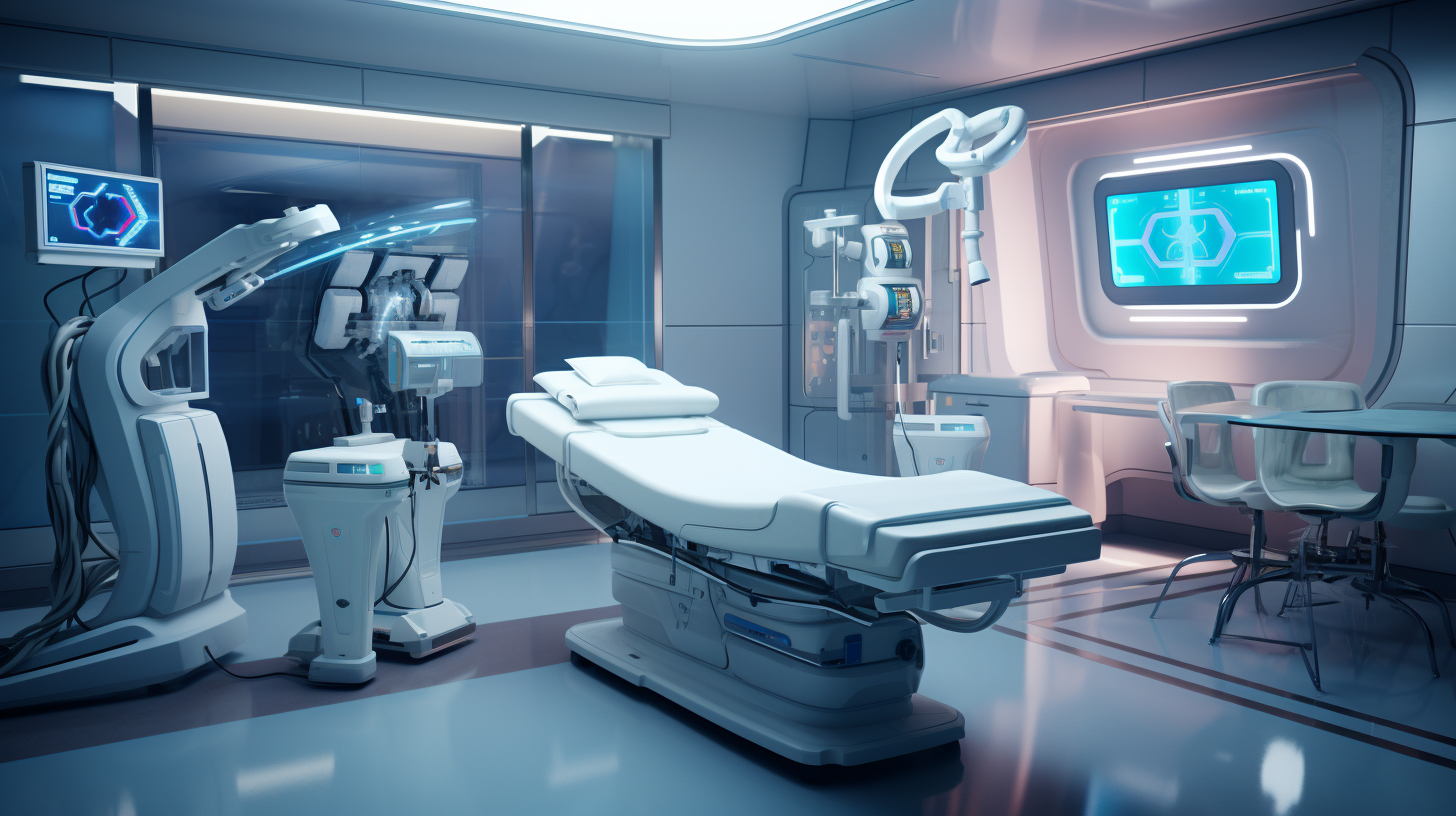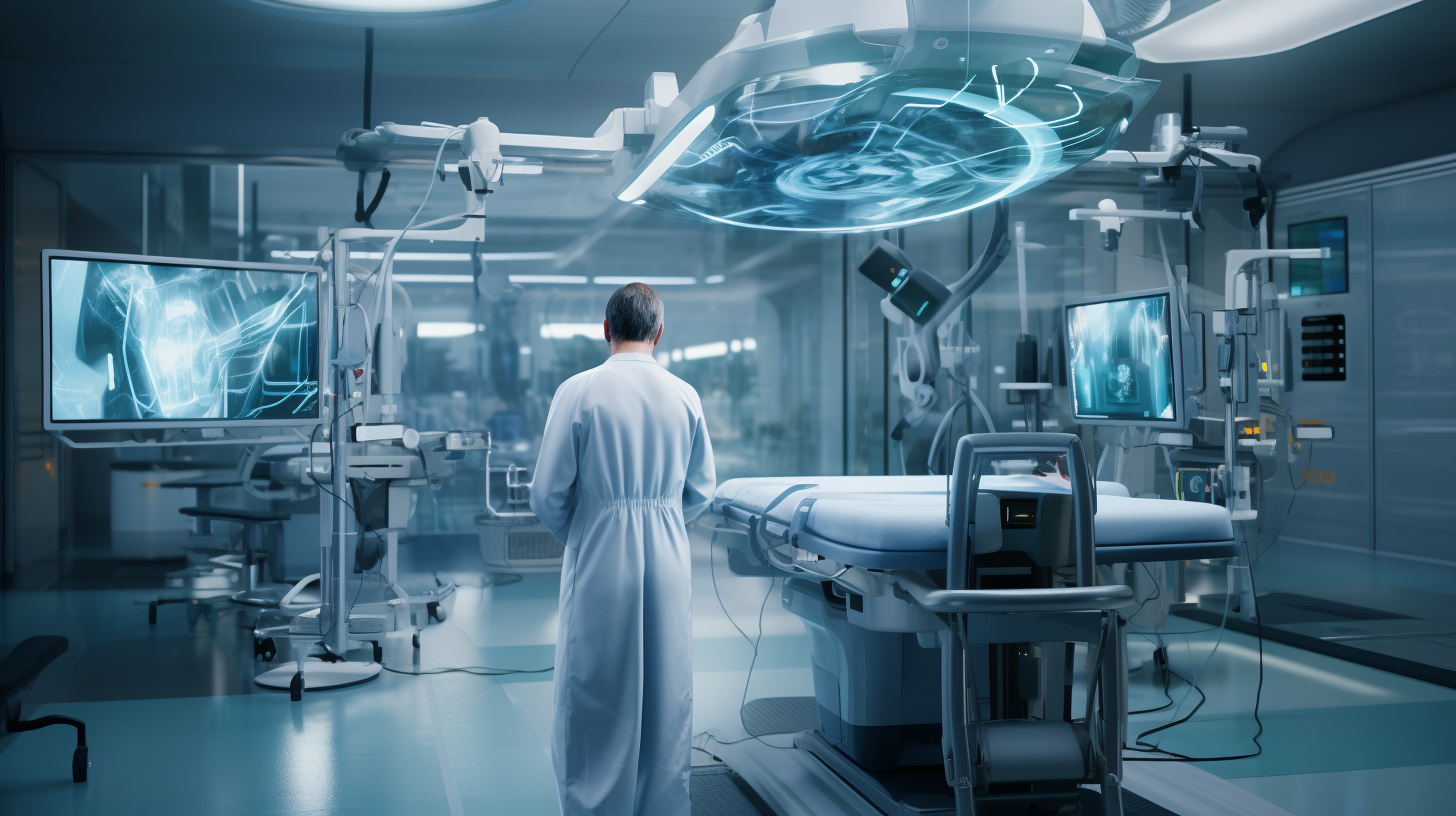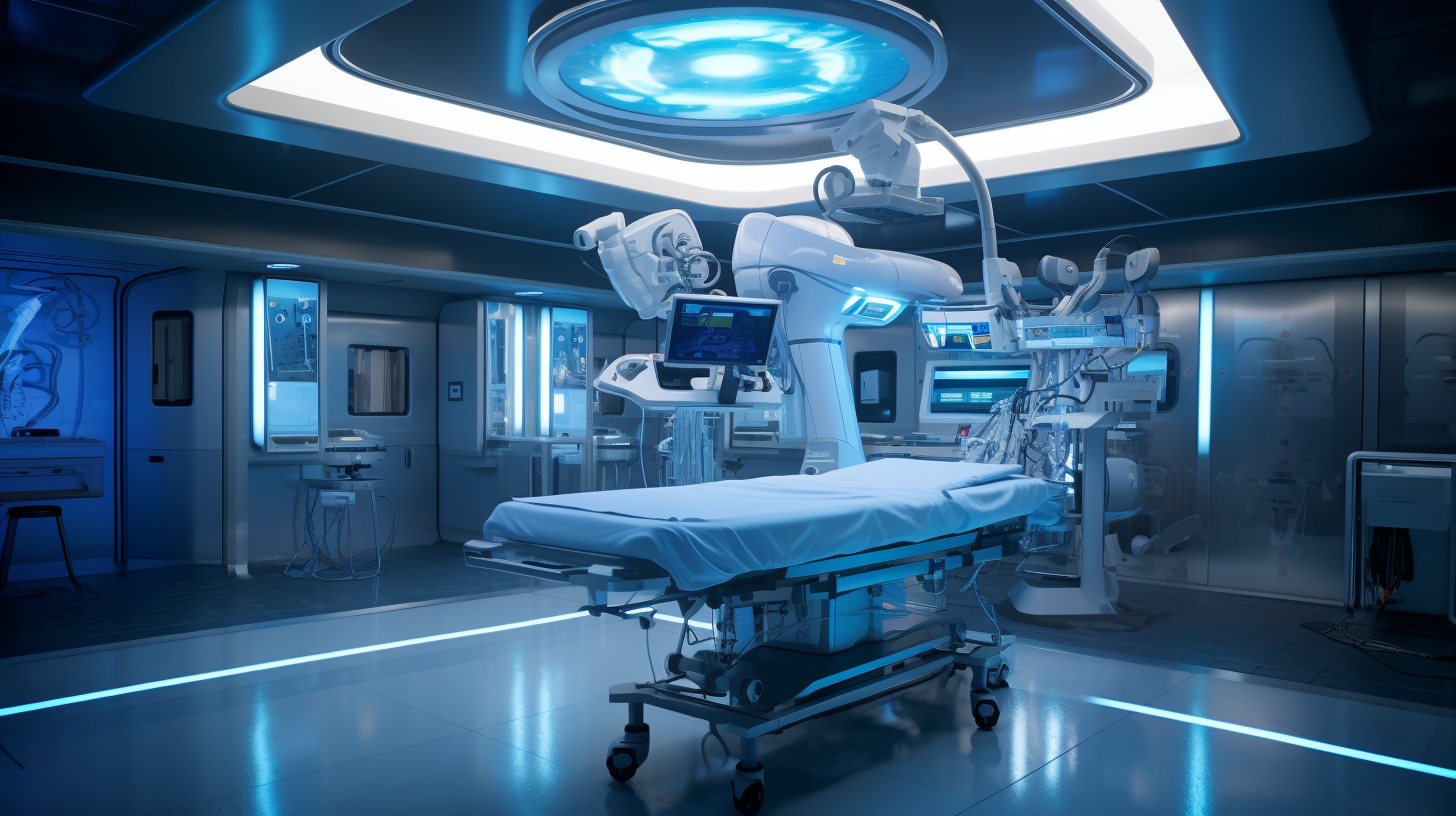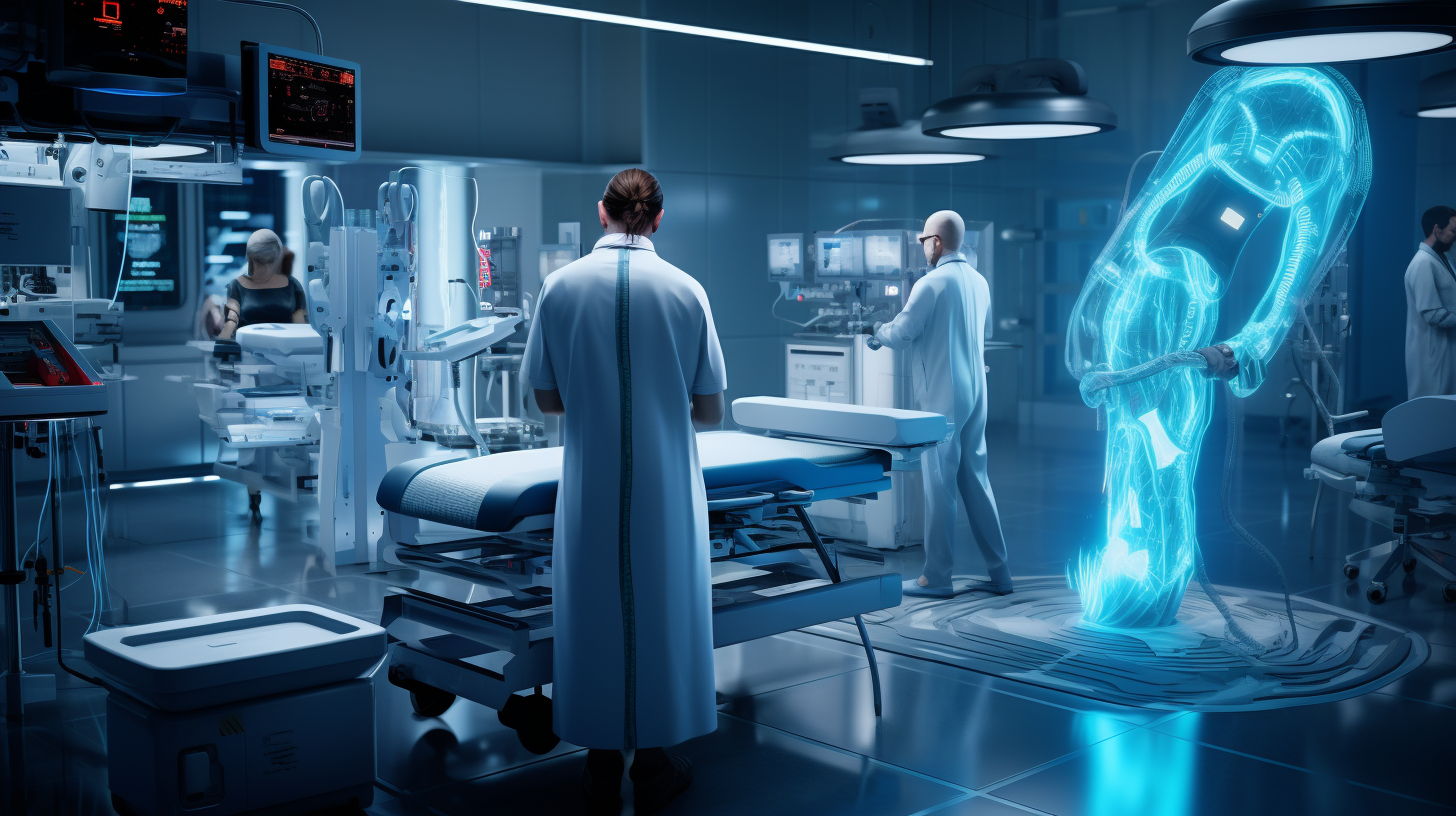Introduction to Tech Innovations in Healthcare
The intertwining of technology and medicine isn't a new phenomenon. For decades, medical professionals have leveraged technology to enhance patient care, but never like now. The rapid strides taken in the last couple of decades have brought forth Tech Innovations in Healthcare: From Remote Monitoring to Robot Surgeons, and this is only the tip of the iceberg.

Remote Monitoring in Healthcare The ability to monitor patients without them setting foot in a hospital has revolutionized healthcare. Remote monitoring, which seemed like a dream a few decades ago, is now a reality, and it’s changing the game.
Evolution of Remote Monitoring Starting with simple devices like pacemakers, technology has evolved to allow patients to share vitals and other health data with doctors in real-time using wearables.
Benefits for Patients and Providers Reduced hospital stays, early detection of issues, and streamlined communication have not only improved patient outcomes but also optimized healthcare operations.
From Simple Tools to Sophisticated Equipment The transformation of medical equipment over the years has been nothing short of miraculous.
Early days of Monitoring Equipment We began with stethoscopes and blood pressure cuffs and evolved into advanced imaging and diagnostic tools that can detect anomalies with impeccable precision.
Modern Marvels and their Effectiveness Modern devices can even predict potential health crises, enabling proactive interventions, thus saving lives and resources.
 The Age of Digital Health Platforms
With technology integration, healthcare has moved beyond physical confines.
The Age of Digital Health Platforms
With technology integration, healthcare has moved beyond physical confines.
Incorporation of IoT The Internet of Things (IoT) connects medical devices, ensuring timely data collection and intervention.
Cloud-based Health Databases and their Security These databases store patient information, making it easily accessible to authorized personnel, yet ensuring stringent security measures to prevent breaches.
Robot Surgeons: A Glimpse into the Future When we think of surgery, a human touch comes to mind. But robot surgeons are changing this narrative.
Milestones in Robotic Surgery With robots assisting and sometimes conducting surgeries, precision, and reduced recovery times have become the new norm.
Advantages and Challenges While robot surgeons eliminate human error and fatigue, the high costs and training required present challenges.
AI and Machine Learning in Healthcare Artificial intelligence isn’t just for sci-fi movies. It’s making tangible changes in healthcare.
Predictive Analytics AI can now predict potential health risks based on genetic and lifestyle data.
Enhancing Patient Care through Algorithms Algorithms help doctors diagnose diseases earlier, recommend treatments, and even predict patient behavior.
Augmented and Virtual Reality in Patient Care AR and VR, often associated with gaming, have significant applications in healthcare.
VR in Pain Management Patients can now use VR to manage pain, reduce anxiety, and even in physical rehabilitation.
AR in Surgical Planning Surgeons use AR to visualize complex surgeries, ensuring better outcomes.
3D Printing: Beyond Imagination The realm of 3D printing in healthcare seems almost fantastical.
Customized Implants Patients no longer need to adjust to implants; implants adjust to them.
Printing Entire Organs for Transplants The possibility of printing organs might end transplant waitlists, a groundbreaking innovation.
Challenges in Implementing Tech Innovations While the tech advancements promise a brighter future, they come with challenges.
Cybersecurity Concerns With increased data sharing, the risk of breaches rises.
Ethical and Legal Issues From gene editing to AI decisions, the line between right and wrong gets blurry.
Looking Ahead: The Next Big Thing in Health Tech The future of healthcare technology promises innovations we can't even imagine yet.
Predictions for the Future Nanobots in our bloodstream, real-time health monitoring, and more await us.
How Innovations Could Reshape Healthcare A holistic view suggests a healthcare system focused on proactive care rather than reactive treatments.
Tech Innovations in Healthcare: From Remote Monitoring to Robot Surgeons Incorporating all the elements from remote monitoring to robotic surgeries, it’s evident that technology is the backbone of modern healthcare. It has not only enhanced patient experiences but has also propelled the industry into a new era of efficiency, precision, and innovation.

FAQs
How reliable are robot surgeons compared to human surgeons? Robot surgeons have shown high reliability, often reducing errors. However, they operate under human control, combining the best of both worlds.
Can AI replace human doctors? While AI can assist and enhance diagnoses, human judgment and empathy are irreplaceable.
Is my data safe on digital health platforms? Most platforms prioritize security, but it's always essential to ensure data encryption and regular audits.
How prevalent is AR and VR in healthcare? Their use is growing, especially in pain management, surgical planning, and patient education.
Are there any drawbacks to remote monitoring? While it offers numerous benefits, challenges include data accuracy and ensuring consistent patient engagement.
What's the potential of 3D printing in healthcare? From customized implants to potential organ printing, the sky's the limit.

Conclusion Tech Innovations in Healthcare: From Remote Monitoring to Robot Surgeons illustrates a journey of progression, hope, and innovation. Embracing these advancements can lead to a future where healthcare is more accessible, efficient, and personalized than ever before.